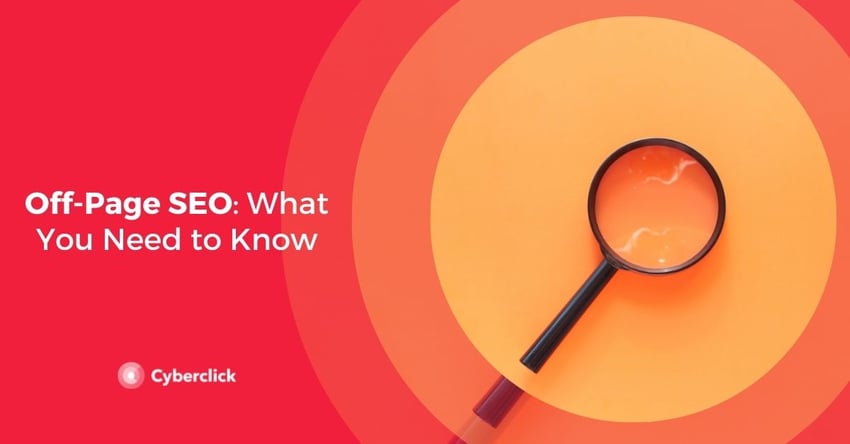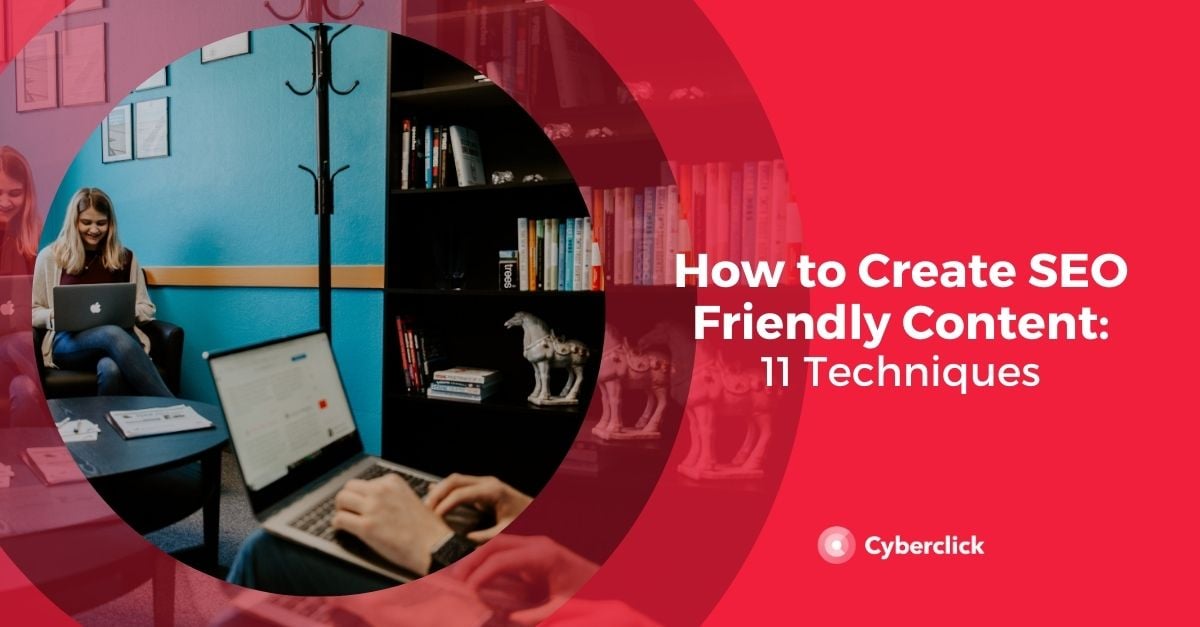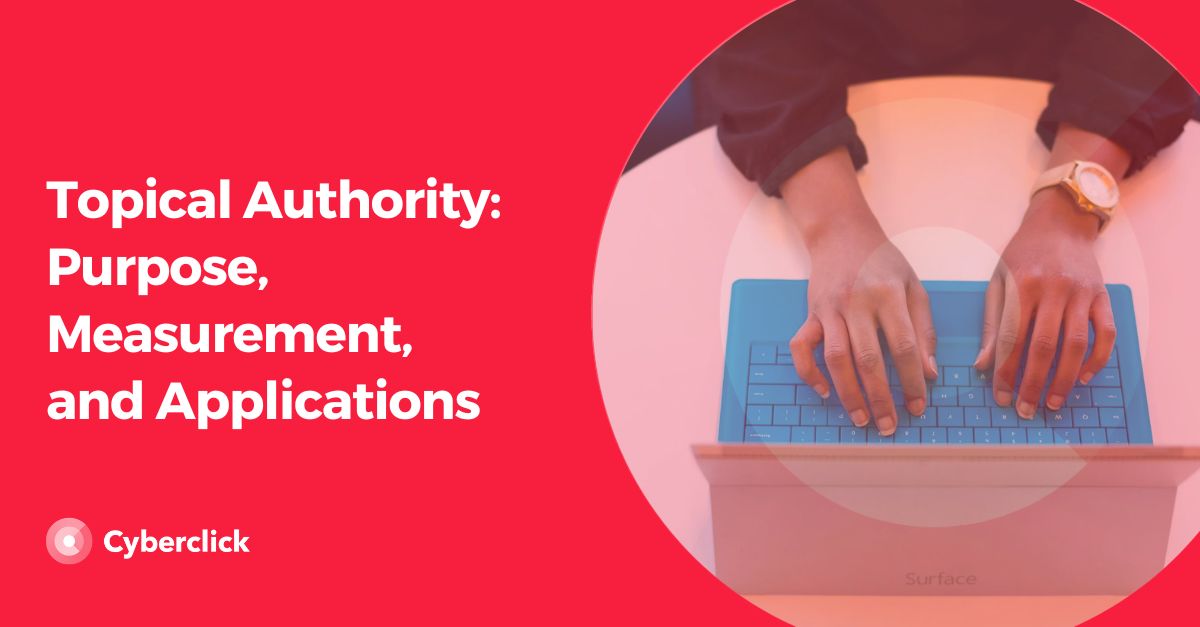Off-page SEO is a vital component of a successful marketing plan. It relates to all actions that are performed outside your website to improve your ranking on the SERPs. This includes increasing your reach and social presence and focusing on link building to increase your brand’s organic visibility.

Whether it’s off page or on page, search engine optimization can be a daunting task, especially if you are not familiar with strategies that can help you increase the ranking of your content. That’s why developing at least a basic understanding can be a great way to gain a competitive edge and stand out from the masses.
To help you, we'll take a look at off page SEO and how the right strategies can benefit your marketing techniques. We’ll discuss why it’s so important and share a few tips and best practices to help you optimise your site ranking and boost your visibility.
What Is Off-Page SEO?
Put simply, it’s a type of search engine optimization. However, instead of focusing on your website (like on-page SEO) it takes into account all actions taken outside of your site and how they impact your search engine rank. This includes backlinks, social media posts, and blogging.
Think of it as a measure of your online presence based on all the actions you perform on other people’s sites, not your own. It’s the impact you make on social media platforms, external blogs and third-party sites. In short, it's the chatter around your brand. The more your brand registers on other sites, the higher your off page ranking will be. And the more effective your off page SEO strategy is, the more relevant and trusted your site will be.
The best way to do this is by focusing on brand building, content marketing, back links, and citation building. You also need to develop an effective social media strategy that expands your reach and encourages interaction.
Off-Page SEO vs On-Page SEO
Let’s take a more detailed look at some of the difference between on page and off page SEO. Pretty much all search engine optimization techniques can be categorized into one of three types:
- On-page SEO: the optimization of individual web pages in order to rank higher on the SERPs and get more relevant traffic. It takes into account SEO aspects including title tags, meta tags and descriptions, internal linking, image optimization, keywords and URLs. The aim is to improve these elements so that your specific site or platform gains the most attention.
- Off-page SEO: the optimization of actions performed outside your website to improve your ranking on the SERPs. This includes tactics like the use of backlinks, social media, content marketing, landing reviews, anchor texts, and local citations to improve your presence and visibility on external sites. In other words, how much you stand out on other sites and platforms, not your own.
Why Is Off-Page SEO Important?
Off-page SEO is important because it’s all about building your online presence and improving what people think about your brand. These opinions have a direct impact on your ranking, as they help Google understand how relevant, useful, and trusted your website is according to sources outside of your domain.
Although SEO algorithms and ranking factors are constantly evolving, the general consensus is that off-page SEO plays a continuously important role in how your site’s SERP ranking is determined. It tells search engines that your website is important to others. That’s why it’s vital that you do everything you can to build your online presence and attract and engage your audience.
Let’s take a look at some of the benefits of implementing an effective off-page SEO strategy.
Off-Page SEO Benefits
- Off-page SEO increases your SERP ranking which, in turn, increases traffic to your site.
- It improves brand awareness and reach thanks to backlinks, and increased social media follows and interactions.
- Aside from improving your overall ranking, the quality and quantity of your page’s backlinks also have a positive impact on your PageRank, giving users a clear indication of how important your site is.
- It improves your domain authority.
- It reinforces your reputation as a relevant, credible and important brand.
How to Do Off-Page SEO
The best way to succeed with off-page SEO is to focus on link building. This helps Google determine if your site is important enough to rank in the first few pages of its search engine, or not. The more external sites directing users to your website, the more important and relevant you will seem.
Common link building strategies include creating infographics, being active on social media, growing your personal brand, and using strategic guest blogging built around selective, authentic content.
Aside from link building, there are three other strategies that will help you improve your off-page SEO ranking: improving your on-page SEO, optimizing your internal pages, and picking the right keywords.
Improve On-Page SEO
Although off-page SEO is important, you shouldn’t forget about the importance of on-page SEO. Before any external site can take you seriously as a domain that is trusted and relevant, you need to attract their attention. This means using the right keywords and meta tags and making sure your site is well-structured so that the right message is being sent to Google’s algorithms.
Optimize Your Internal Pages
Optimizing your internal pages can have a huge impact on your overall online presence and subsequent rankings. Focus on interlinking your pages and creating silo pages that connect to your category pages and supporting posts. Use relevant, keyword-optimized anchor texts and use website footers with links to appropriate pages. Aim for seamless navigation to enrich the UX of your site so that other sites and platforms feel more inclined to backlink to you.
Pick the Right Keywords
Keywords are the foundation of any effective SEO strategy, whether it be on-page or off-page. Sourcing the most relevant keywords and using them in the right way should be your priority with all content that you create. However, it’s also important not to cast your net too wide when it comes to keywords. Be as specific as you can so that you capture the attention of the right market.
Branded thematic keywords can be a great way to get the edge over your competitors and improve your SEO ranking. Make sure you don’t overdo it though. If you overuse keywords it can have the opposite effect. Focus on creating organic content built around synonyms and latent semantic indexing (LSI) terms. Keyword discovery tools can be a great place to start.
Responsable de la estrategia de contenidos y visibilidad en Cyberclick, con enfoque Allbound y especialización en posicionamiento SEO, GEO y automatización con IA. Gestión avanzada del CRM con HubSpot: base de datos, workflows, lead nurturing, scoring y reporting. Experiencia en marketing digital, comunicación corporativa y periodismo, uniendo estrategia, creatividad y tecnología para captar y convertir leads cualificados.
Responsible for content and brand visibility strategy at Cyberclick, with an Allbound approach and specialization in SEO, GEO (Generative Engine Optimization), and AI-powered automation. Advanced HubSpot CRM management: database segmentation, workflows, lead nurturing, scoring, and reporting. Background in digital marketing, corporate communications, and journalism—combining strategy, creativity, and technology to attract and convert qualified leads.






Leave your comment and join the conversation